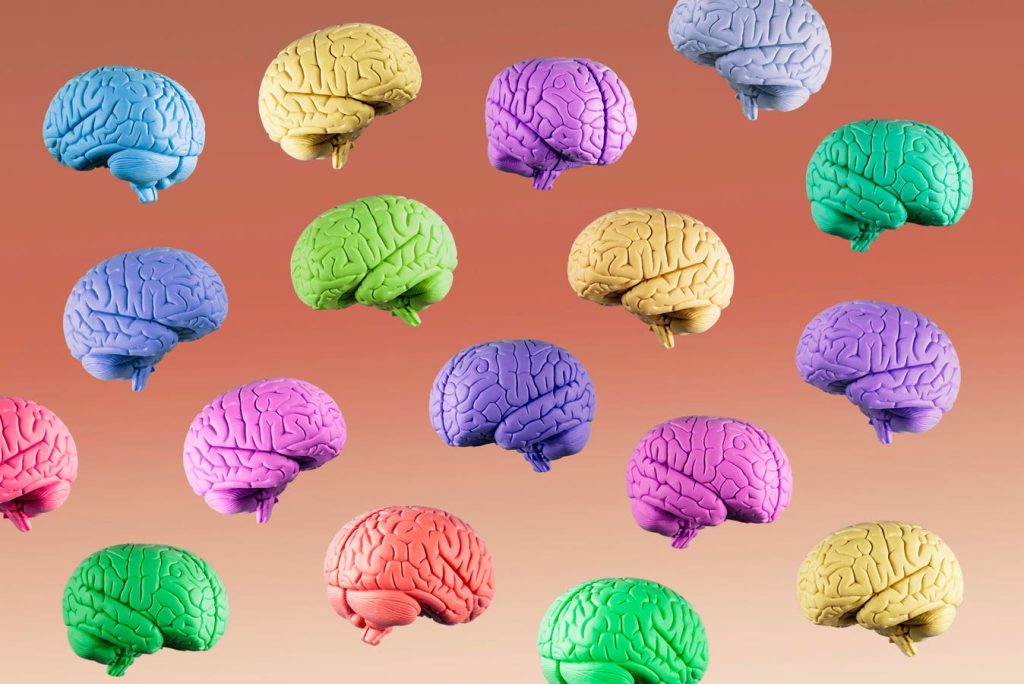A recent study published in The Journal of Neuroscience has shed light on a rare group of individuals known as “super-agers” who maintain brain health equivalent to someone in their 50s or 60s despite being 80 or older. These super-agers show less loss of white matter, a crucial component of brain tissue associated with memory and cognitive sharpness, compared to their peers of the same age.
White matter, often overshadowed by gray matter in discussions about cognition, serves as the “highway system” of the brain, connecting different regions and facilitating communication between neurons. Without this connectivity, cognitive functions break down, highlighting the importance of white matter for overall brain health and function.
Researchers followed 119 octogenarians over a decade, with 64 identified as super-agers based on their superior memory and thinking abilities. The study revealed that super-agers retain more white matter, especially in regions linked to memory like the hippocampus and entorhinal cortex, compared to typical older adults. They also showed better connectivity in brain regions involved in various cognitive functions.
Despite sharing similar lifestyle habits with typical older adults, such as diet, sleep, and exercise, super-agers appear to have a genetic advantage that allows them to maintain their cognitive health as they age. This suggests that becoming a super-ager may be more about luck than lifestyle choices, as fewer than 10% of individuals studied fell into this category.
While the exact reasons why super-agers retain white matter at a slower rate are still unclear, the study emphasizes the importance of a healthy lifestyle in promoting longevity and extending “healthspan” – the number of years spent in good health. Physical activity, social bonds, and a balanced diet are all factors associated with living a longer and healthier life, even if they may not directly contribute to becoming a super-ager.
Understanding the protective mechanisms that allow super-agers to maintain their cognitive health could lead to new insights into age-related cognitive decline and potential interventions to slow or prevent it. In the meantime, the study serves as a reminder of the complexity of brain health and the potential for genetic factors to play a significant role in how individuals age mentally and physically.













